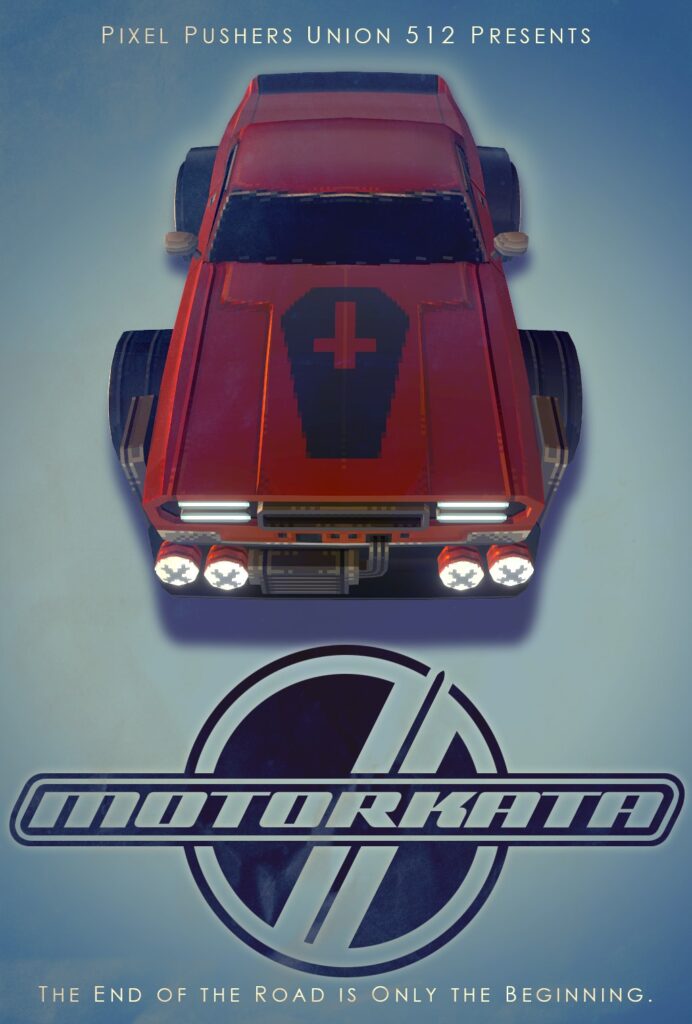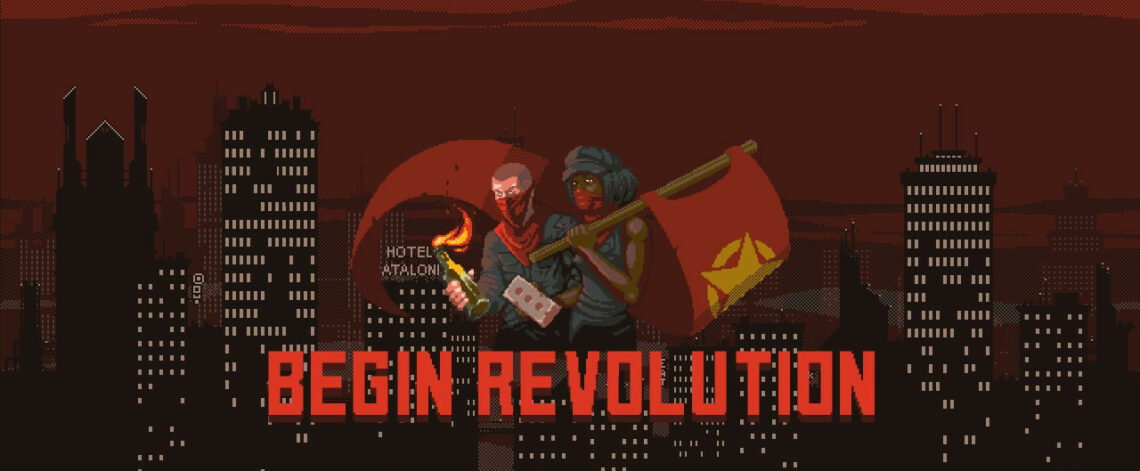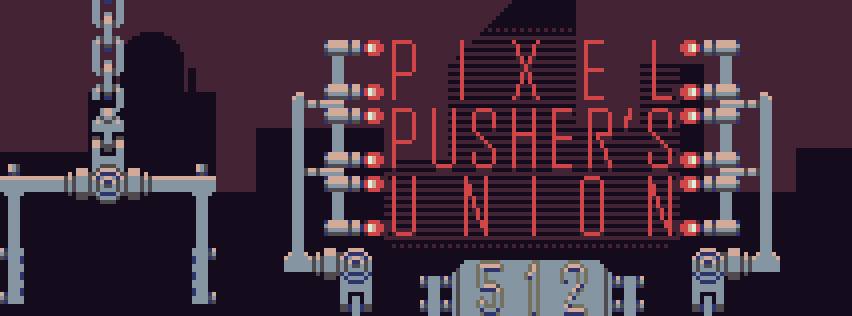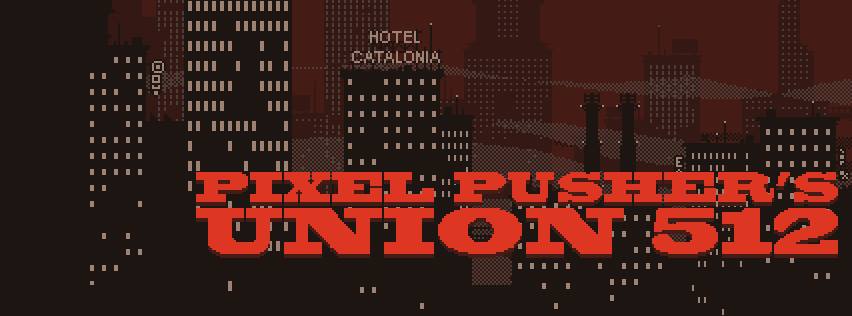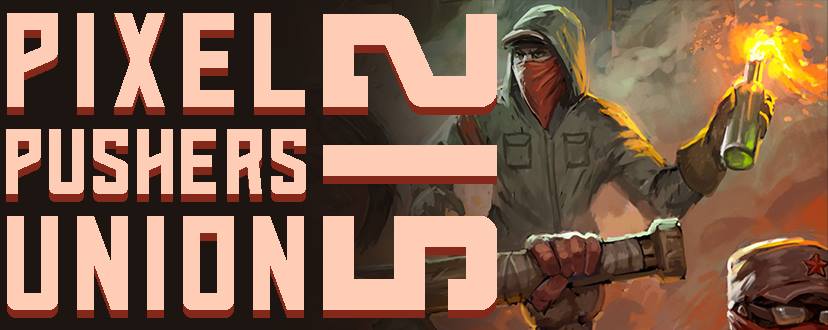“The year is 20xx, the world is in the throes of global Capitalism. Workers everywhere toil daily for a pittance. Many work multiple jobs just to make ends meet. But no matter how hard they work it will never be enough to be free. For those who do not own the means of production will never know real freedom. The media is owned by the rich, the political system is owned by the rich, all capital is owned by the rich. People peacefully protested… but were met with violence. Those who own for a living rule those who work for a living. But all of that is about to change…Tonight We Riot.”
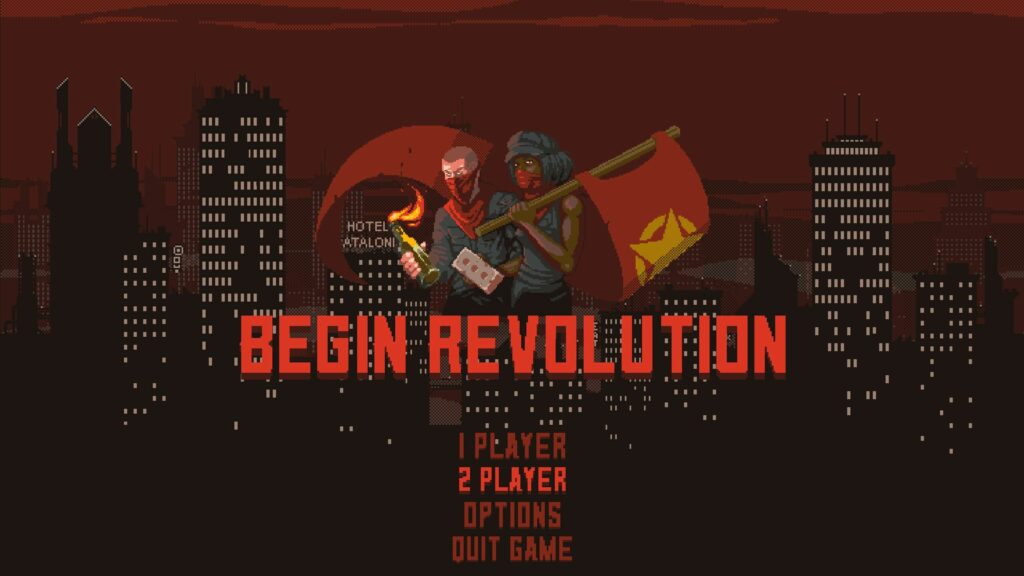
This is the intro to the unapologetically leftist game Tonight We Riot, where instead of playing as a leader you play as the movement. Before the soundtrack kicks in and this intro plays you are met with an unusual sight in gaming, you are greeted by the logo of the developers union — Pixel Pushers 512.
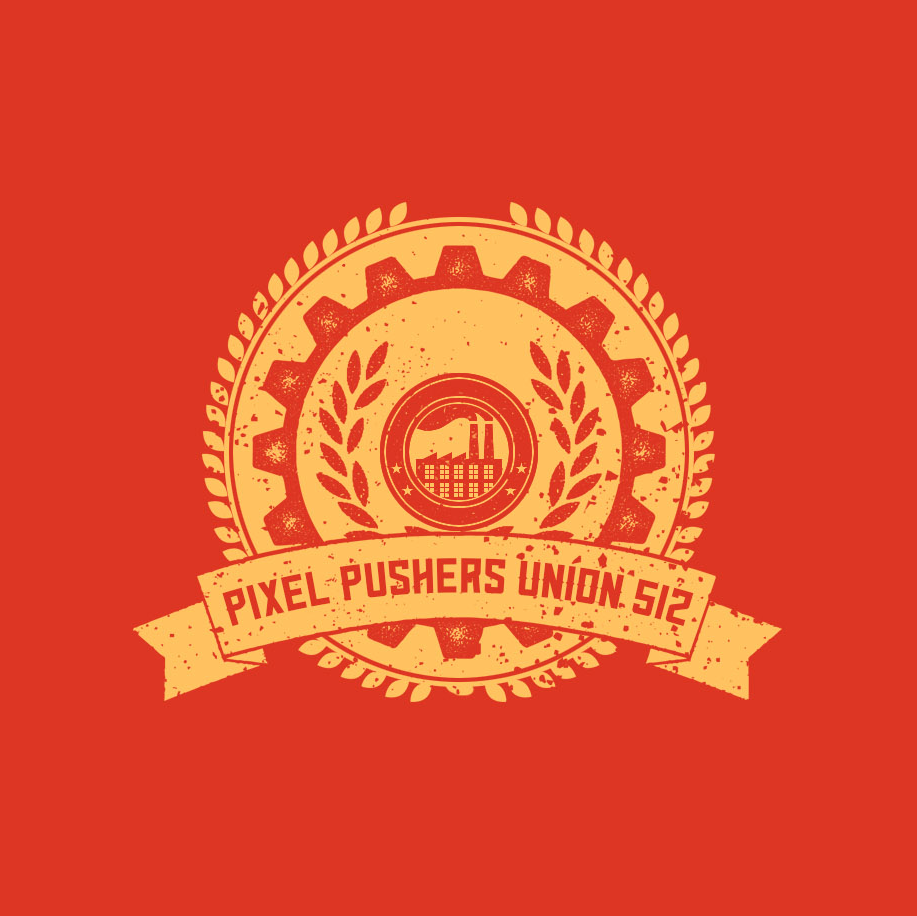
For over 40 years, the games industry has grown into a $43 billion industry for those at the top, while those who build these massive projects bit by bit, line by line of code receive very little of that wealth. Labor agitation at tech companies has increased in recent years, however. In 2019, the Communications Workers of America and Game Workers Unite started a new campaign called Campaign to Organize Digital Employees, or CODE. With efforts like CODE and the Pixel Pusher Union, the workers hope to reduce that inequality. CWA President Chris Shelton in a press release said that development companies have “gotten away with avoiding accountability for far too long.” Crunch time with 80 hour work weeks, being underpaid, and sudden layoffs have become the norm in the industry.
With no large scale developer team voting to unionize, the mere fact the Pixel Pusher Union even exists is revolutionary in its own right. To understand the impact and importance of the Pixel Pusher union, you must first understand Ted Anderson, art steward for Local 512.
Anderson explains his 20 years of experience as a game developer starting with creating a mod for the Valve computer game Counter-Strike, back when it was itself a mod for the other Valve game Half Life, “If you want to see my earliest art it’s a big blue plane. From there I got a job at Gearbox and was able to call my mom and tell her I was dropping out of college to pursue my dream”.
Like many who start working on video games, Anderson was excited about the prospect of video games being his career. But at Gearbox he soon noticed how that excitement and ambition allows development companies to take advantage of developers, “I would go in around 11 at lunchtime and stay until three in the morning, and I bought into the work because I was so excited for making games.” In spite of this, Anderson wanted to stay at Gearbox. But was suddenly laid off after two years because he “didn’t work enough hours”. Anderon explains that this is a common tactic used by bosses to keep morale up. Rather than focusing on the person losing their dream job, it reframes the issue as being one of underperformance.
Anderson would go on to make textures and art for various other studios, slowly realizing that what was happening was wrong, “When smaller start-up companies go under, the folks on the top always find themselves safe while the staff find themselves out of a job and scrambling for what they’ve earned”.
Even outside of smaller startups there are serious issues affecting the system such as favoritism. “When I worked at Nintendo I was laid off due to a disagreement with the foreman who, regardless of lack of experience, was entrenched with the higher-ups at the studio, so there was nothing that could be done,”.
These blights in the industry were teaching Anderson how things could be done another way, that they didn’t need a boss who didn’t know what they were doing and that there was no need for the company to protect the men on the top in the ways it did. Anderson believes a video games industry union could do well in the United States due to the aging workforce. Workers, after enduring years of abuse and mismanagement at multiple companies, are “pushing back against the crunch and publishers making milestones without the voice of the workers.” Anderson and many others are recognizing the power they hold as veteran developers and how to use that to better conditions for all workers.
Anderson says he would love to see a union representative at every meeting with publishers including “present during the top brass discussions that affect their lives”. These discussions would include negotiating for better wages, fair hours, and better working conditions.
The Pixel Pusher Union and the game Tonight We Riot both came out of a small hobby project Anderson and other friends were working on called Radical Rebels. They realized it could be more than a small project and after being nominated for the Gamer’s Voice Single Player award at South by Southwest, they began looking for a publisher.Anderson knew their development needed to be different. He pitched shop democracy to “liberals with no attachments to the idea” and they were all in, “We worked together to talk about our roles and made a streamline process of production.” And while it did take five years, Anderson doesn’t think it would have had the same impact “if we released the game with an unfair structure behind it.”
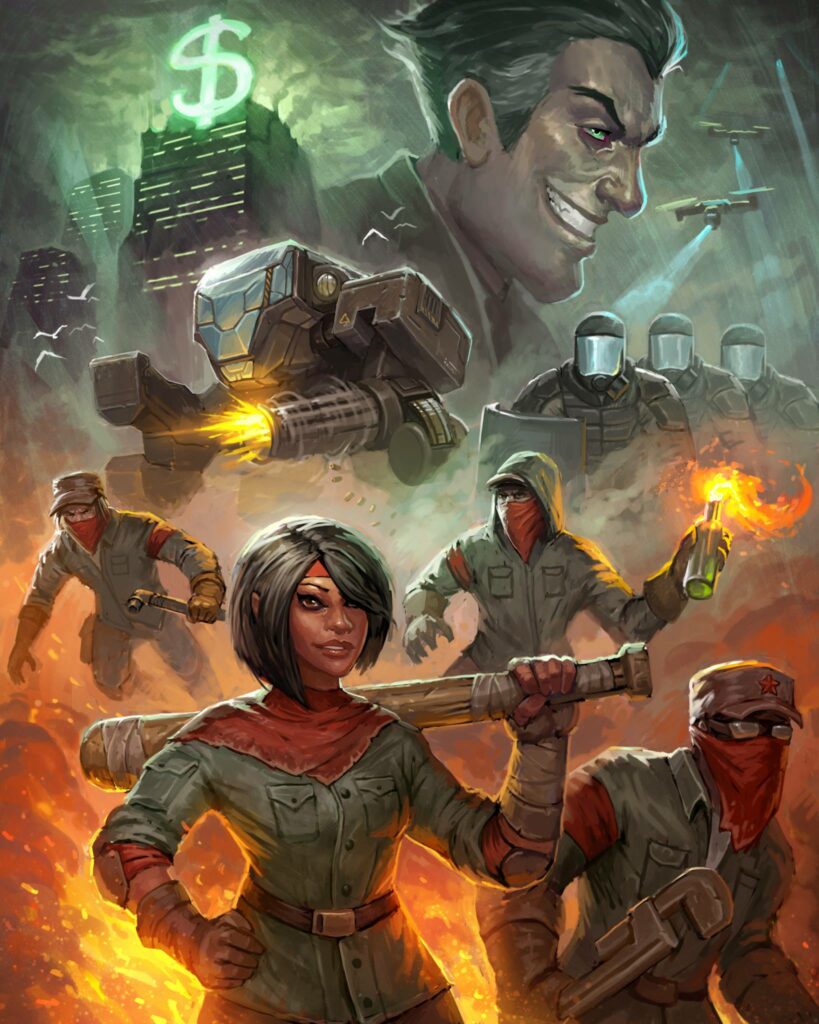
Tonight We Riot was indeed different than what so many of the developers working on the project had experienced in the past. Pixel Pusher Union employees make the same salary, receive a percentage of the profits on each game they worked on (they are currently getting 25% from Tonight We Riot), and get an equal split on dividends — even if they leave the company.
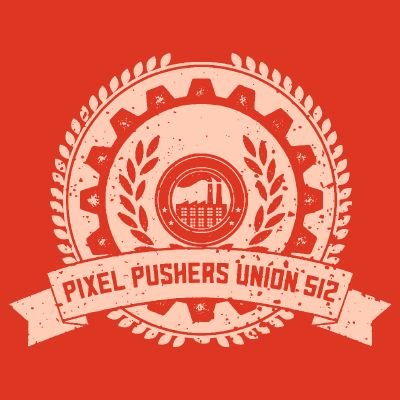
“I was giving a talk with some other worker co-ops at GDC about this development model and it was a packed house. I told them about the documentary The Wobblies, Utah Phillips and the story of workers who proclaimed their own leadership (in their workplaces). After that I asked if the crowd had heard of the Industrial Workers of the World (IWW) I was met with roaring applause,”.
The usual way things are done in the industry have been flipped upside down, all while still producing a quality product. As for the future of the Pixel Pusher union Anderson said; “I want to definitely make another game. I think we’ve brought in enough attention to be taken seriously, but as far as what game we make next is up for vote”.
In fact, they are currently working on a new game called MotorKata, described as an “explosive team-based car combat game.”
